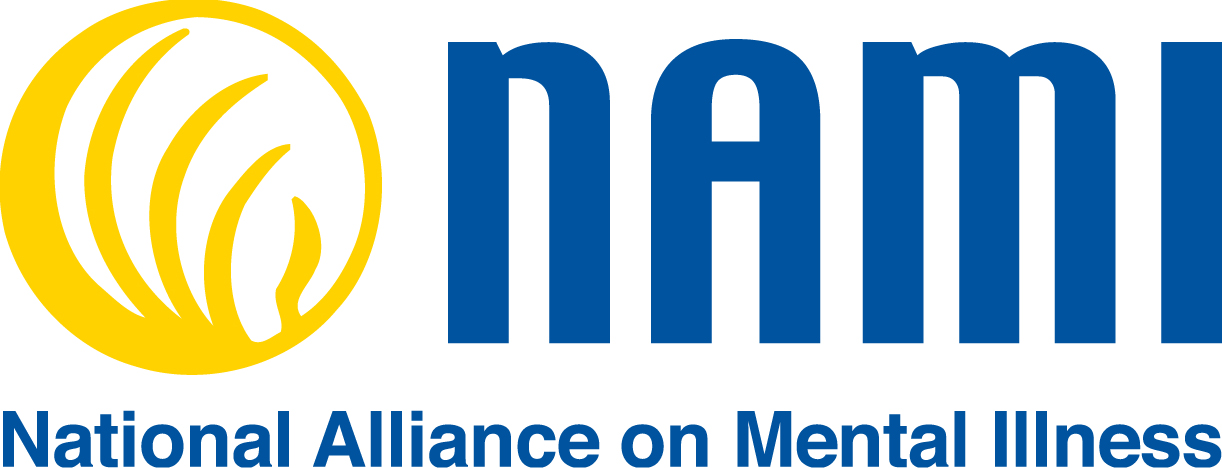
The controversial firing of National Public Radio senior correspondent Juan Williams over remarks he made about Muslims on a Fox News show has brought a lot of heat on the public network lately. Williams’ comments are still up for debate, but comments made about his firing by NPR CEO and president Vivian Schiller were undoubtedly offensive and outrageous. Schiller told news media that whatever Williams thinks about Muslims should be between him and “his psychiatrist or publicist—take your pick.”
Schiller’s remarks pull “the stigma card,” suggesting mental illness to discredit a person rather than debating issues on their merits. In a letter to Ms. Schiller, I noted the chilling effect that her remarks, coming from a CEO, could have on any employee who might live with mental health problems.
NAMI has asked not only for a specific apology to all individuals and families affected by mental illness, but also for NPR to begin taking steps to reassure employees about workplace standards under the Americans with Disabilities Act (ADA). Below is a copy of my letter. I welcome your comments. If you share NAMI’s outrage, I encourage you to send your own letter to Ms. Schiller.
Ms. Vivian Schiller
President & CEO
NPR
635 Massachusetts Avenue, N.W.
Washington, D.C. 20001-3753
Dear Ms. Schiller:
On behalf of the National Alliance on Mental Illness (NAMI) and its 1,100 state and local affiliates across the nation, many of them served by NPR affiliates, I take strong exception to the improper and destructive nature of your recent remark in the midst of a professional termination dispute with an NPR news analyst, in which you told the news media that the employee’s feelings on a controversial topic should have been kept between himself and his “psychiatrist or publicist.”
The remark forced a public response from the employee saying that he does not have a psychiatrist.
NAMI does not take a position on NPR’s underlying controversy. We also acknowledge your swift, subsequent statement that you “spoke hastily,” apologizing to the employee “and others” for the “thoughtless remark.” However, NAMI remains greatly concerned about the cruel signal the incident has sent to millions of Americans—and its chilling effect both on people seeking help for mental health concerns and their expectation of privacy and support in employment relationships.
Indeed, we believe the remark may violate the letter and/or spirit of the Americans with Disabilities Act (ADA)—risking creation of a hostile work environment, flowing from the top down through NPR and its affiliates, for any employee who lives with mental illness.
The remark perpetuated the kind of stigma surrounding mental illness that NAMI, Congress and consecutive presidents have worked hard to eliminate. It also was sadly inconsistent with NPR’s own stellar record of reporting fairly, accurately and compassionately on issues related to mental illness.
NAMI asks for more than a general apology. We would appreciate a specific apology to individuals and families who often struggle against stigma in their daily lives. We also ask NPR to adopt a plan no later than its November 2010 board meeting with affirmative steps to educate and reassure its managers and employees about protections and practices under the ADA.
Sincerely,
Michael J. Fitzpatrick, M.S.W.
Executive Director
cc:Joyce Slocum, VP for Legal Affairs and General Counsel



